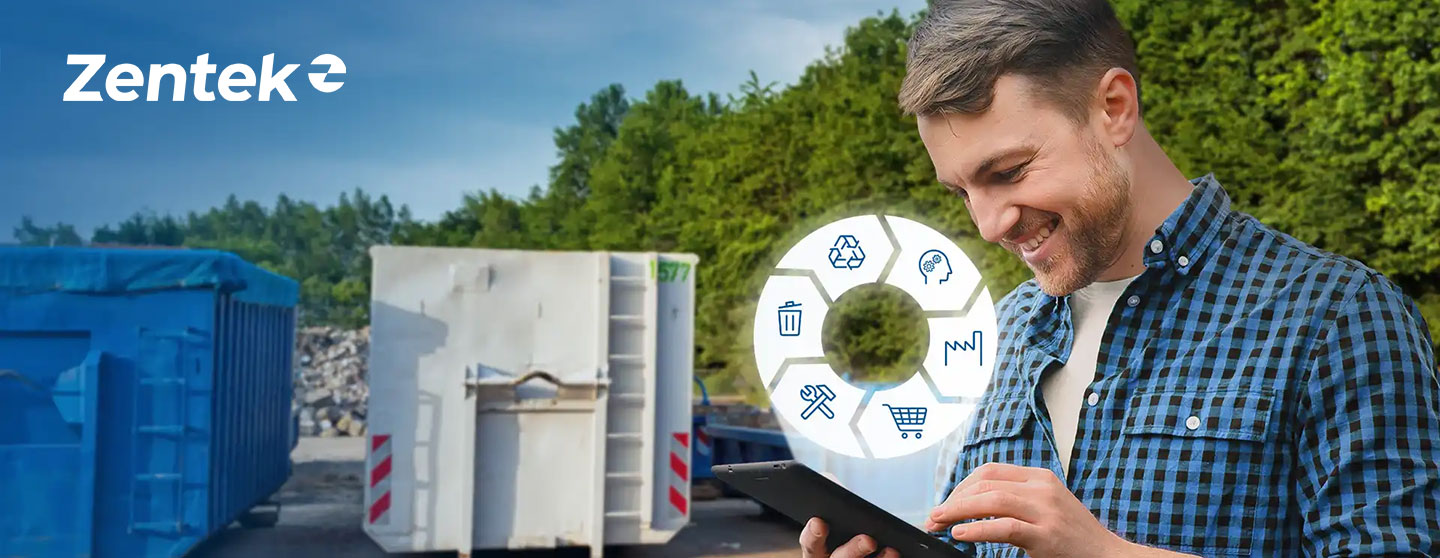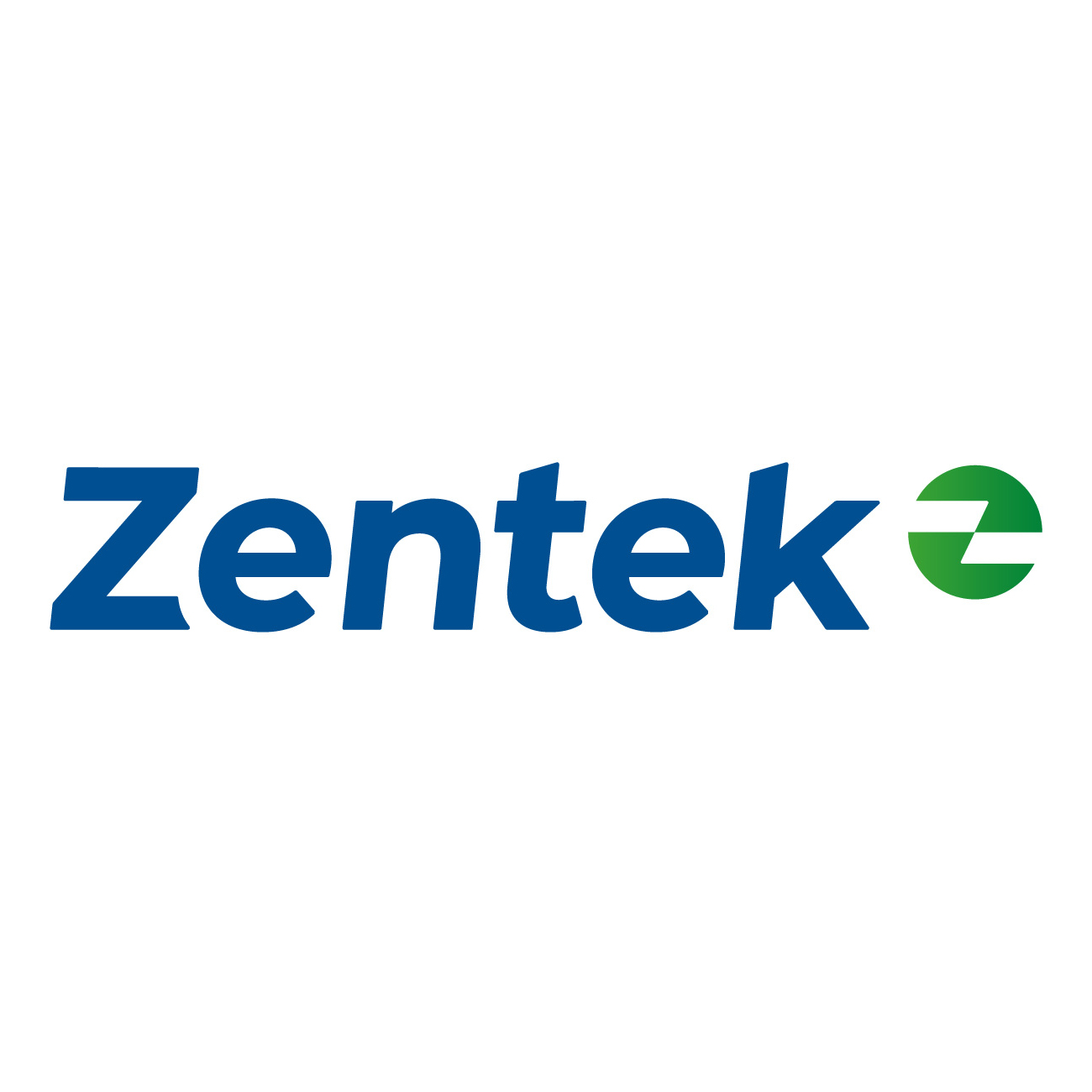

Zentek

North Rhine-Westphalia, Germany
October 2023
Other business support
Service with Minor Environmental Footprint
Germany
Zentek was founded in 1995 and consists of a number of leading mid-size waste management companies in Germany that operate independently. As a specialist service provider for disposal systems and waste management, we develop and deliver customer and sector-specific solutions for companies. We are a full-service supplier, providing all waste management solutions from a single source – ranging from the initial consultation, to preparing tailored disposal and recycling plans, the timely collection and recovery of all types of waste in keeping with a circular economy through to professional processing and verification. Additionally, Zentek covers all areas of activity specified in the Packaging Act with the Dual System Zentek and takes care of the processes involved in the licensing, collection, sorting, and repossessing of packaging. Thanks to the addition of nine further partners who joined the company in 2019, the Dual System Zentek grew to become an integrated system in the mid-size sector that offers efficient and transparent legally compliant solutions for fulfilling the system participation obligation. With its EPR compliance service, Zentek goes even further to support manufacturers and companies across Europe regarding the extended producer responsibility.
Overall B Impact Score
Governance 18.6
Governance evaluates a company's overall mission, engagement around its social/environmental impact, ethics, and transparency. This section also evaluates the ability of a company to protect their mission and formally consider stakeholders in decision making through their corporate structure (e.g. benefit corporation) or corporate governing documents.
What is this? A company with an Impact Business Model is intentionally designed to create a specific positive outcome for one of its stakeholders - such as workers, community, environment, or customers.
Workers 32.2
Workers evaluates a company’s contributions to its employees’ financial security, health & safety, wellness, career development, and engagement & satisfaction. In addition, this section recognizes business models designed to benefit workers, such as companies that are at least 40% owned by non-executive employees and those that have workforce development programs to support individuals with barriers to employment.
Community 15.0
Community evaluates a company’s engagement with and impact on the communities in which it operates, hires from, and sources from. Topics include diversity, equity & inclusion, economic impact, civic engagement, charitable giving, and supply chain management. In addition, this section recognizes business models that are designed to address specific community-oriented problems, such as poverty alleviation through fair trade sourcing or distribution via microenterprises, producer cooperative models, locally focused economic development, and formal charitable giving commitments.
Environment 30.0
Environment evaluates a company’s overall environmental management practices as well as its impact on the air, climate, water, land, and biodiversity. This includes the direct impact of a company’s operations and, when applicable its supply chain and distribution channels. This section also recognizes companies with environmentally innovative production processes and those that sell products or services that have a positive environmental impact. Some examples might include products and services that create renewable energy, reduce consumption or waste, conserve land or wildlife, provide less toxic alternatives to the market, or educate people about environmental problems.
What is this? A company with an Impact Business Model is intentionally designed to create a specific positive outcome for one of its stakeholders - such as workers, community, environment, or customers.
Customers 3.8
Customers evaluates a company’s stewardship of its customers through the quality of its products and services, ethical marketing, data privacy and security, and feedback channels. In addition, this section recognizes products or services that are designed to address a particular social problem for or through its customers, such as health or educational products, arts & media products, serving underserved customers/clients, and services that improve the social impact of other businesses or organizations.